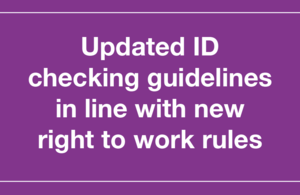UN Human Rights Council 47: Joint statement on the human rights situation in Iraq under Item 2 – Interactive Dialogue with the High Commissioner
I have the honor to deliver this statement on behalf of 28 countries.
Madam President,
The signatories of this Joint Statement wish to acknowledge the efforts of the government of Iraq to improve the protection of human rights. This is essential for long-term stability and prosperity in Iraq and we stand ready to continue to assist.
We commend the Iraqi government for its decision to hold very important early elections in a few months after peaceful demonstrations of young Iraqis in 2019 calling for political reform, genuine economic opportunities and improved government services. These protests of 2019 unfortunately escalated into violence which led to at least 487 demonstrators being killed .
The government of Iraq made a clear commitment to hold perpetrators accountable for the violence. We commend Prime Minister Kadhimi for his engagement in this regard. However, while acknowledging the complex environment with armed actors operating outside of state control, we note that progress has been limited so far. We therefore urge the Iraqi government to renew its commitment and further intensify its current efforts for accountability, in conformity with international standards of fair trial and due process.
We are very concerned about recent reports of increased intimidation and targeted attacks, including against protestors, human rights defenders, journalists, media workers and electoral candidates. The rights of peaceful assembly, freedom of association, freedom of expression and media freedom are essential in democratic societies and for the protection of human rights. The government of Iraq needs to enhance its efforts to create a safe public environment for all Iraqis.
We also encourage the Office of the High Commissioner and UNAMI to further strengthen the human rights based approach in Iraq, and to provide all necessary assistance to the Iraqi authorities to fulfill Iraq’s international obligations to respect fundamental freedoms, such as the rights of freedom of expression and peaceful assembly for everyone.
Thank you.
List of cosponsors: Australia, Austria, Belgium, Canada, Cyprus, Denmark, Estonia, Finland, France, Germany, Iceland, Ireland, Italy, Latvia, Liechtenstein, Luxemburg, Malta, Netherlands, Norway, Poland, Portugal, Romania, Slovakia, Spain, Sweden, Switzerland, United Kingdom, Unites States of America

